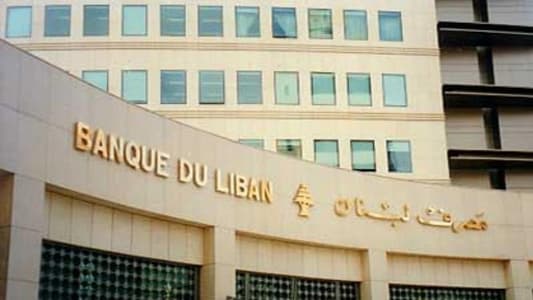The formation of Lebanon’s new government paves the way for a pivotal appointment: a successor to the governor of Banque du Liban (BDL). The selection comes at a critical juncture, as the country continues to reel from the aftermath of its 2019 financial collapse — a crisis that left vast swathes of bank deposits effectively frozen and trust in the financial system shattered.
While policymakers remain mired in debate over the appropriate framework to resolve depositor losses, time is proving a costly adversary. The absence of a functional banking sector has deepened Lebanon’s economic malaise, with delays eroding the prospects for recovery and compounding public frustration.
Against this backdrop, LIMS has urged immediate, damage-limiting steps to stabilize the financial system and prepare for reform — even as broader solutions remain elusive. First, the banking sector must be brought back to life. Allowing banks to resume lending operations would not only reignite economic activity but also generate profits that could eventually be channeled into repaying depositors. Second, strict prohibition on any state borrowing from the central bank, in either Lebanese pounds or US dollars, should be maintained. The government should prioritize using fiscal surplus to restructure its debt, rather than increasing public sector wages — a move currently under political consideration.
Third, curbing monetary expansion by ensuring that BDL only engages trading pounds at the prevailing market rate of LL89,500 in response to a change in demand. Such a mechanism could help rebuild foreign exchange reserves while anchoring the exchange rate and containing inflationary pressures. This approach would advance several core objectives: it would stabilize the currency, create space for gradual repayment of deposits, and — crucially — embed fiscal discipline by limiting the government’s access to monetary financing.
Finally, LIMS calls for Lebanon’s current monetary framework — de facto inspired by the principles of a currency board — to be codified into law. Whether officially designated as such or not, anchoring this policy would help institutionalize monetary restraint and avert a return to past inflationary practices.
As Lebanon teeters between paralysis and reform, the next central bank governor will face a formidable mandate. But with tested measures and a clear legal framework, the country may yet chart a course out of its financial abyss.
- The Benefits Of 45%… A New Risk With Lebanese Depositors’ Funds, February 12, 2025: CNBC, Video Interview (AR).
- The Current Government Has An Opportunity To Address The Deposit File… What Are The Details? February 17, 2025: NBN, Video Interview (AR).
- Counterfeit Currencies: The Borders Of Lebanon And Syria ‘Hotspot’ For Illegal Activities. February 13, 2025: Al-Hurra, Article (AR).
- Reviving The Lebanese Pound… A Long Journey Begins With Trust, February 17, 2025: Independent Arabia, Article (AR).

